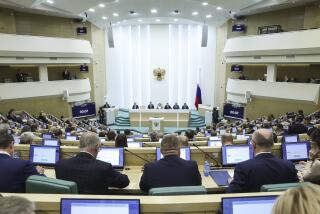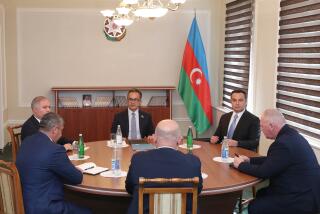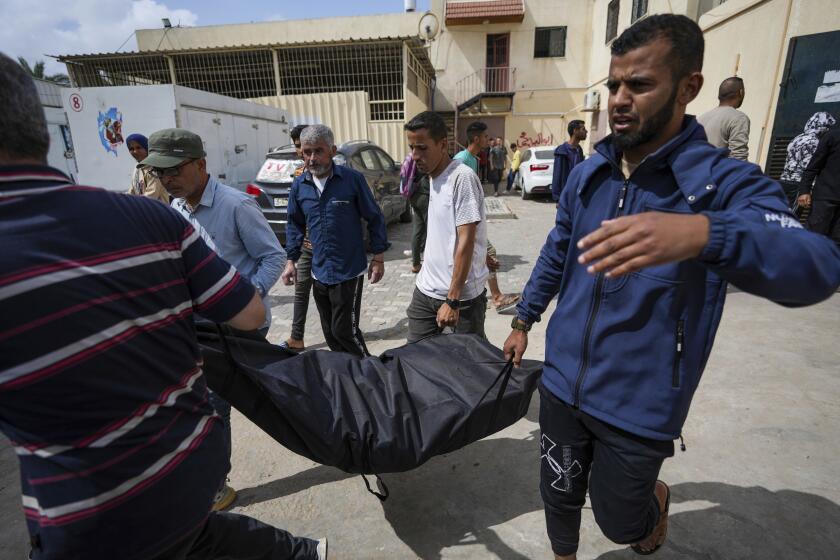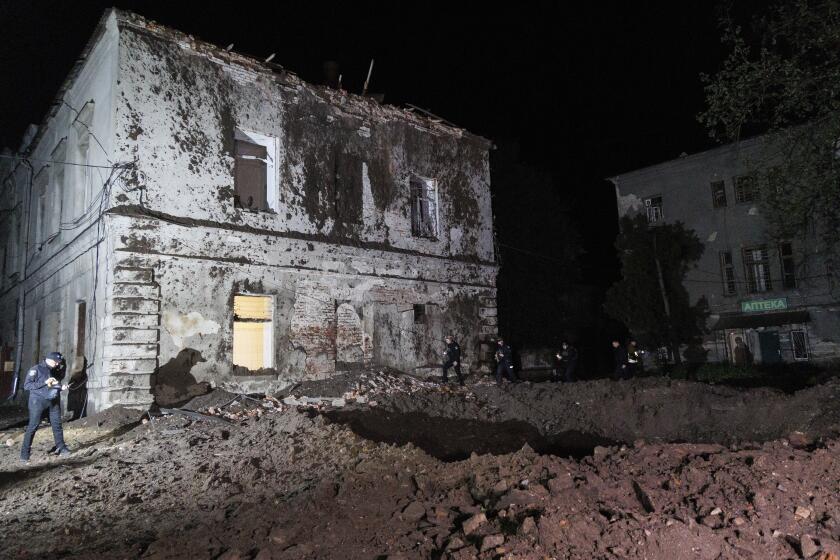Nuclear talks in Geneva will be test of Iran’s flexibility
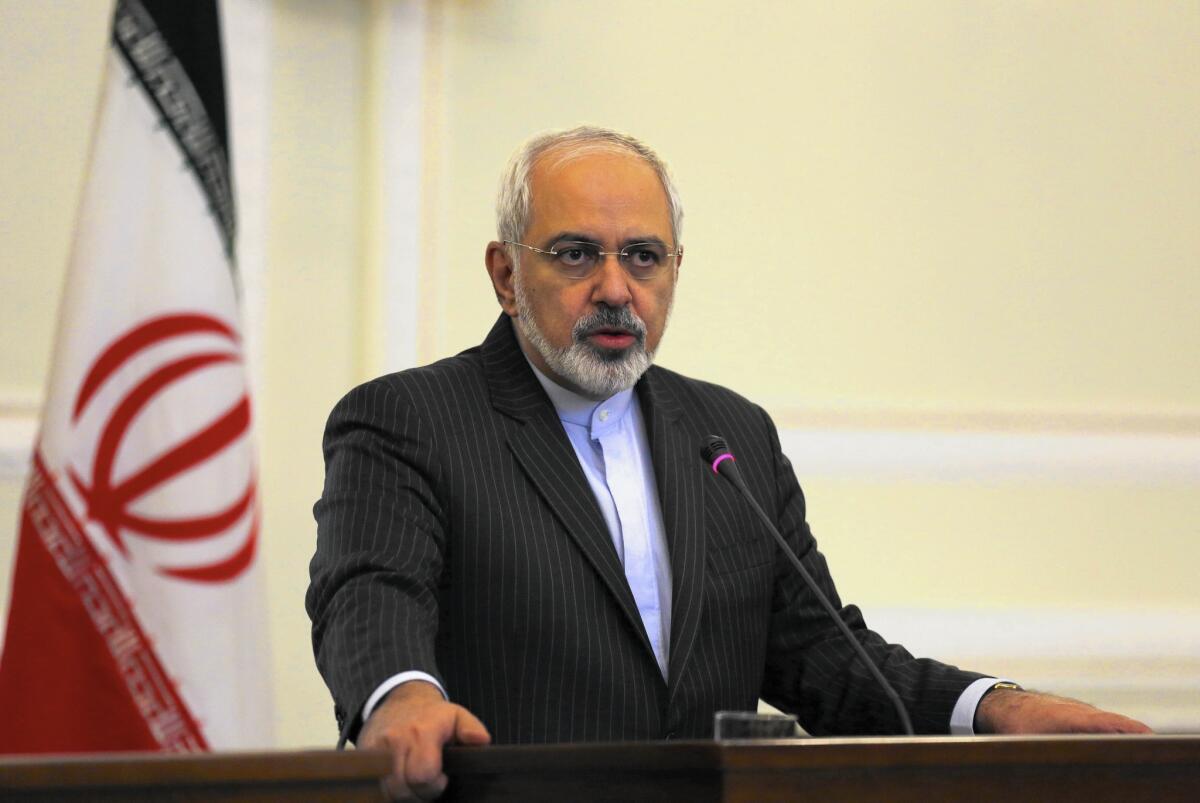
High-level meetings in Geneva in coming days will offer an early test of whether Iran is willing to show new flexibility in the stalled international negotiations on its nuclear program.
With only six weeks before the next deadline in the negotiations, Secretary of State John F. Kerry will meet with Iranian Foreign Minister Mohammad Javad Zarif on Wednesday in the Swiss capital. The U.S. and Iranian negotiating teams will meet Thursday through Saturday, and on Sunday diplomats from all seven countries involved in the negotiations will hold a final session.
The negotiations were extended twice last year, after the two sides failed to meet deadlines for reaching a deal to limit Iran’s nuclear development activities. But Iranian President Hassan Rouhani appeared to signal last week his interest in a deal, and Western officials hope to see whether Rouhani will return with new instructions from Iran’s supreme leader that will allow completion of the several major issues that remain unresolved.
“There is hope that, having come so close, there will now be a decision to take the final steps,” said a person close to the negotiations, who declined to be identified, citing the sensitivity of the issue.
Iranian officials insist that it is not they, but Western officials, who are intransigent.
The two sides have been negotiating for more than a decade to reach a deal that would ease international economic sanctions on Iran if it agrees to limit its nuclear activities. Iran insists it is not seeking to develop a nuclear weapon, but many countries believe it is at least trying to gain bomb-making know-how.
Kerry met Saturday in Munich with Sultan Qaboos bin Said of Oman, who has served as an intermediary between the United States and Iran on the nuclear issue for several years.
Rouhani’s eagerness for a deal seemed apparent in a speech last week in which he argued that reducing Iran’s enrichment of uranium, a key ingredient in nuclear power, should not be construed as “compromising our principles and cause.”
“Our cause is not linked to a centrifuge,” he said in a Jan. 4 speech to economists in Tehran.
But Iran’s supreme leader, Ayatollah Ali Khamenei, who has the ultimate say over the program, seemed later to rebuff his subordinate’s position. He said Wednesday that Iran would not give ground on the nuclear program, and called on the country to find ways to insulate itself from the pressure of sanctions.
After failing to meet the November deadline, the world powers said they hoped to reach agreement in principle by March and to wrap up the details by the end of June. Other nations taking part are Britain, China, France, Germany and Russia.
Kerry declared that a deal could be completed before the deadlines. But President Obama and other U.S. officials have been more cautious in their pronouncements.
The U.S. team will include not only chief negotiator Wendy Sherman, but former deputy secretary of state William J. Burns and former top White House national security aide Jacob J. Sullivan.
Burns and Sullivan were central players in secret back-channel negotiations between Iran and the United States in 2013.
The negotiators’ failure to meet repeated deadlines has led some analysts to worry that the two sides, each facing domestic opposition from conservatives, will prove unwilling to take the political risk entailed in a deal.
Instead, these analysts contend that the two sides will reach a series of incremental short-term deals that prevent a collapse in negotiations and continue the current temporary limits on Iran’s nuclear activities.
A wild card in the negotiations is the economic pressure on oil-dependent Iran from the 50% decline in oil prices since June. Khamenei has said that the decline does not add to the pressure on Iran to reach a deal.
But in a meeting Saturday with Venezuelan President Nicolas Maduro in Tehran, Khamenei made clear his concern about the decline in the price. He said the price decline was due to a conspiracy among unspecified foreign powers, and urged Venezuela to help Iran find a way to raise prices.
More to Read
Start your day right
Sign up for Essential California for news, features and recommendations from the L.A. Times and beyond in your inbox six days a week.
You may occasionally receive promotional content from the Los Angeles Times.
